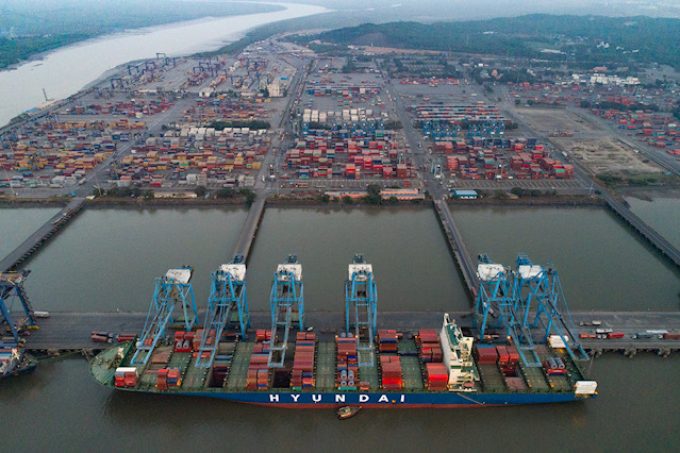Brazil's JBS – world's largest food shipper turns port operator
Moving on the big guys?

Container lines are reporting more operational challenges at India’s Nhava Sheva Port (JNPT) as they deal with an export loading demand surge due to the end of the fiscal year this month.
Shipments transacted ahead of the fiscal year closing typically enables exporters to secure government ...

Comment on this article